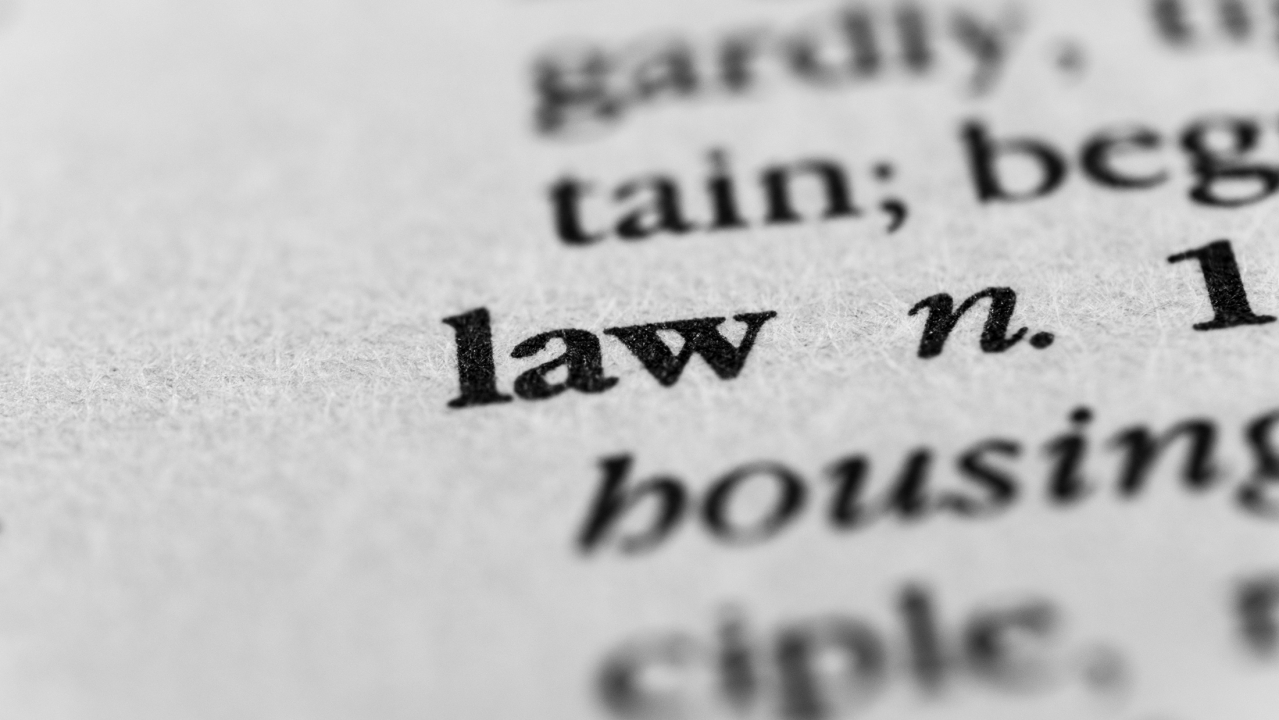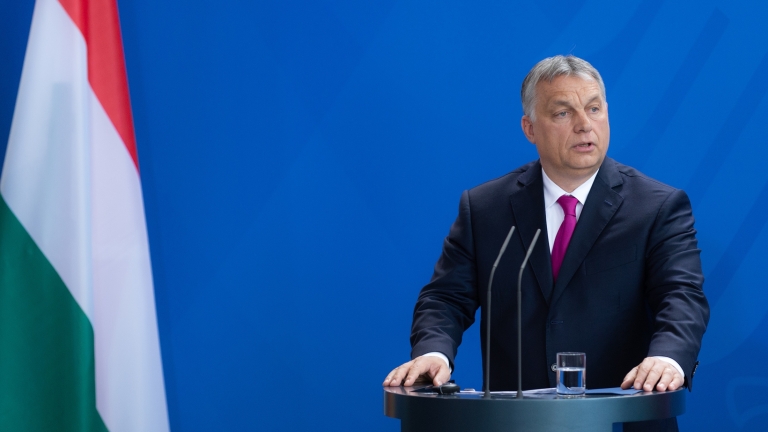Nick Thorpe, BBC correspondent in Budapest and an old and dear friend of mine, moderated the debate, to which he had been so kind to invite me. As a result of that invitation I sat there as the only participant with views that differed from what all the others represented: Although I rarely call myself a conservative, I’m often seen as being just that. Certainly, I am not a great fan of EU federalism.
I would like to stress how grateful I am to Nick (and to the organizers who accepted his idea): Not only did he invite me, he also made sure I got fair treatment and ample time to speak. Dialogue is important, even – perhaps especially so - when we disagree.
So there I sat, with Gwendoline Delbos-Corfield, an „Green” MEP and author of a controversial „Rule of Law” report on Hungary, and professor John Morijn, currently at Princeton University, author of a study on how to deprive Hungary and Poland of their turn at he rotating EU presidency. EU commissioner Vera Jourova came on via video link and lectured us on the subject of how and why Hungary must comply with the EU’s fundamental values, and that the Rul of Law mechanism (as a result of which EU funds for Hungary were suspended by the EU) was not a political tool, but a way to protect tax payer’s money.
Nick then asked us to describe our „ideal” EU in the future, how would we like it to be? Mrs. Delbos-Corfield said she didn’t know what to do with the question and went on to say she had little hope for the EU, that the outlook was bleak because conservatives were on the rise.
Here’s what I said: I’d like the EU to remain united, as an association of equals. „United” meaning that we’ve already lost England and should try not to lose more members. In that sense, the EU should refrain from any reforms or decisions that would increase tensions between member states and EU instutions. Unfortunately, this is excactly what the EU has been doing these past few years.
By an „association of equals” I mean that the EU should resist the recent push by France and Germany to create different classes of EU membership. The idea is to create an „inner circle” of highly integrated EU countries, which would de facto be a Western European power center dominated by France and Germany. Others, unwilling to surrender such a large part of their national sovereignty, would remain „normal” EU members but de facto a periphery, politically and economically dependent on the powerful „inner circle” and wihout any means of influencing future decisions of that group. So I said we should avoid that, because it would split the EU.
I said I wanted a liberal EU, in the classical sense of the word: As little regulation and bureaucracy as possible. But of course, the EU is all about regulation and bureaucracy, I said – they keep adding on layer after layer of it, year after year, and the Rule of Law mechanism is one example.
I said I wanted a democratic Europe, in the sense that when I go to cast my vote at national elections, I want that vote to mean something. Unfortunately, as more and more powers and competences are devolved to EU institutions, the capacity of member states to make important decisions in a sovereign manner keeps shrinking, and so our votes mean less and less. There will still be elections, but they may become meaningless, because the governments we elect will lose the ability to act independently. I thus expressed my worry that the EU will hollow out the democratic principle on the national level.
And I said I wanted the EU to be rich, and competitive on global markets. Unfortunately, many EU decisions tend to increase the cost of doing business for European companies, thus reducing their competitivity.
Nick’s next question was: Why was the Rule of Law mechanism necessary? I suggested that the „why” should be dropped from the question – was it necessary? I don’t think it was. Or, we could drop the word „necessary” and instead ask: Why was the Rule of Law mechanism introduced? Here, I explained, we have a battle of narratives: Conservatives claim that it is a political tool to put pressure on member states, while RoL advocates claim it is only a technical mechanism to protect EU taxpayers’ money. But in reality, I said, the truth is simple: Research papers of the very Think Tanks that came up with the Rule of Law mechanism in the first place state that this mechanism will have a federalizing (and thus political) impact on the EU. Critics and defenders of the RoL mechanism in reality agree that this is a political tool: The only difference is that those who cherish national sovereignty don’t like it, while those who want the EU to become a federal state do.
Here, to my surprise, the other panelists nodded in agreement and Mrs Delbos-Corfield reacted by saying that yes, of course there was a political aim to the mechanism: „I don’t shy away from saying that”. (I quote her from memory).
For me, that was a small but sweet victory: The debate had started with Mrs Jourova claiming that the RoL mechanism was not political at all,but it ended with Mrs Delbos-Corfield admitting that indeed it was a political instrument.










